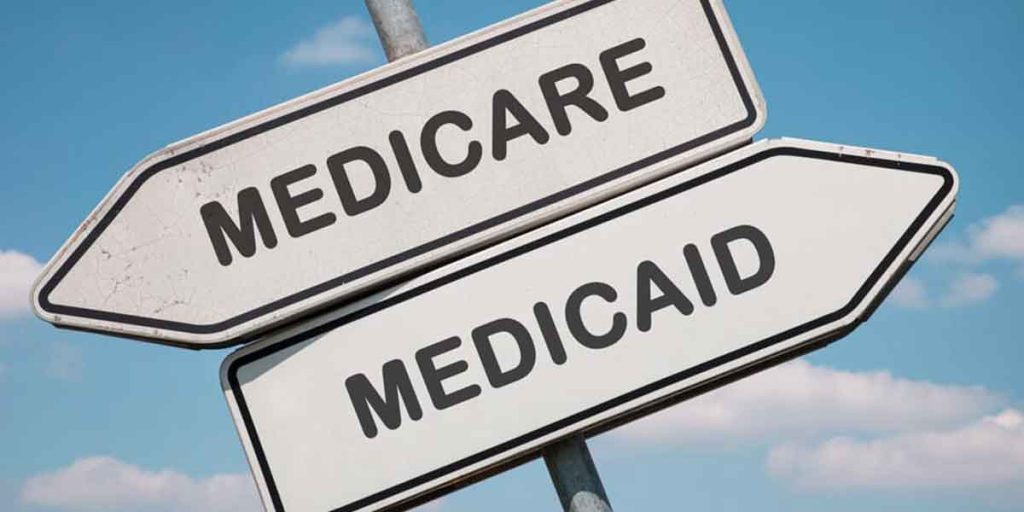Medicare and Medicaid are two government funded health care program provided to specific group of people. The aim of this programs is to ensure that those who cannot afford health care services, including other specific group of people are well catered to.
Because Medicaid and Medicare are two diverse and almost-identical government funded health care programs, there is the misconception that applying for one might affect your eligibly for the other. For instance, some people feel that, getting Medicaid may affect Medicare. Is that so? We’ll find out later on in this article. However, before we do that, let take a look at what Medicaid and Medicare is.
What is Medicare?
Medicare is an extensive program of health insurance tailored to help the aging population meet hospital, medical, including other health costs. This health care program is open to most people who are 65 years of age and older. Medicare has also been extended to individuals under age 65 who are receiving disability benefits from Social Security or the Railroad Retirement Board including those suffering from End Stage Renal Disease (ESRD).
There are around 45 million people enjoying the benefits of Medicare. The centers for Medicare as well as Medicaid Services (CMS) is a federal agency in the U.S Department of Health and Human Services that handles Medicare.
Thanks to Medicare, many American seniors including disabled individuals have been able to settle their health care costs. There are 4 different parts to Medicare designed to provide individuals with more alternative so they can select the health care plan that suits their needs.
Parts of Medicare
Part A: Helps to pay for patient stay and inpatient care
Part B: Helps pay for doctors’ visits and outpatient care
Part C: Merges part A and Part B in a single plan that comes with prescription drug coverage as well
Part D: Prescription drug coverage
What is Medicaid?
Put simply, Medicaid is a public health insurance program that offers health care coverage to low-income families and people in the U.S. Unlike Medicare, Medicaid is funded by the federal government and individual state. It is usually operated at state level which denotes that coverage and eligibility requirements may vary from state to state.
Getting both Medicaid and Medicare
Some individuals qualify for Medicare because of age (they are 65 years old or older) or because they have a disability. They are likewise eligible for Medicaid because they meet the requirements to qualify for the program in their state. These individual are “dual eligible” as they qualify for bot Medicaid and Medicare.
Does getting Medicaid affect Medicare?
Getting Medicaid doesn’t affect Medicare in any way. The truth is that Medicaid works with Medicare. It can be seen as an upgrade of Medicare and can help in enhancing your health care benefits.
If you are already enjoying the benefits of Medicare and you are eligible for that of Medicaid, don’t hesitate to apply. Applying for Medicaid even while enjoying the benefits of Medicare will provide you with extra health care benefits.
In fact, there are a lot of reasons why you need to apply for both Medicaid and Medicare and on of them is that, being enrolled in both of these government funded programs will automatically give you access to a Medicare Savings Program (MSP). MSPs pay your Medicare part B premium, and may offer extra help.
How can Medicaid work with Medicare?
For service covered by Medicare and Medicaid (like doctor’s visits, hospital care, home care, and skilled nursing facility care), Medicare is the main player. Medicaid is the payer or last resort, this means that it often pays last. When you visit a provider or a facility that accepts both forms of insurance, Medicare will pay first and Medicaid may cover your Medicare cost-sharing, including coinsurance and copays.









